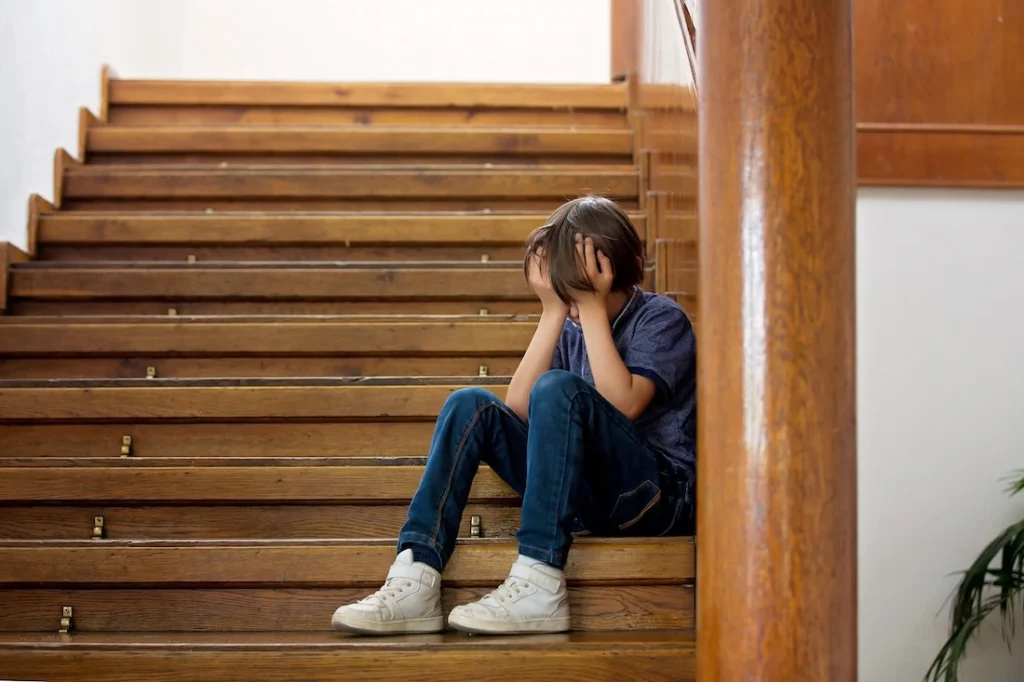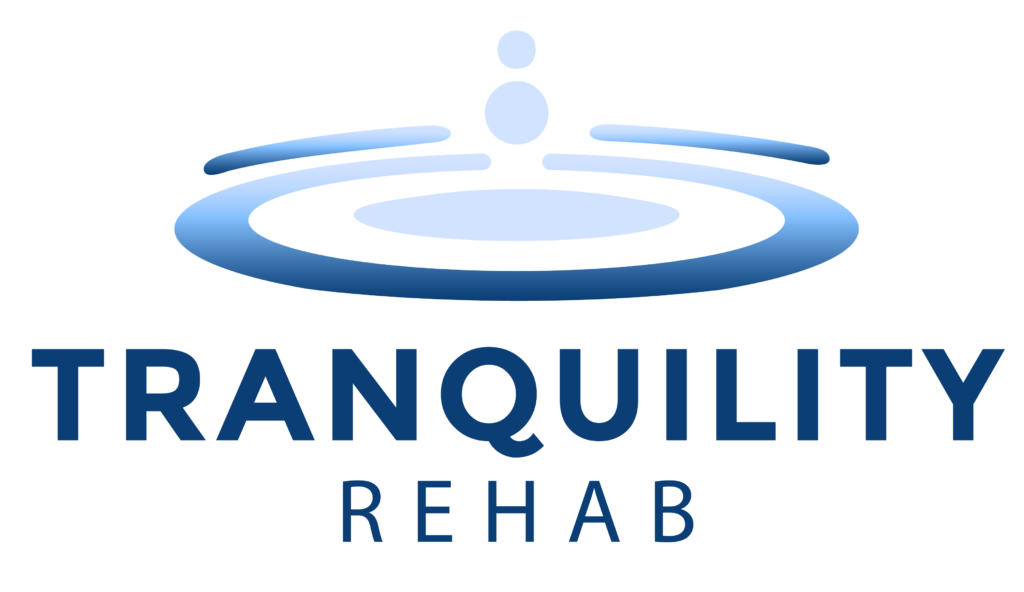Childhood is supposed to be a time of innocence, exploration, and building healthy relationships. However, for many children, bullying can turn what should be a nurturing period into a deeply traumatic experience. Unfortunately, the scars from bullying don’t just fade away; instead, they often linger, contributing to significant mental health challenges, including substance abuse. Understanding this connection is crucial in helping individuals find their path to recovery.
The Prevalence of Childhood Bullying
Bullying isn’t just a minor issue—it affects millions of children across the country. According to StopBullying.gov, about 20% of students aged 12–18 experienced bullying during the school year. This means one out of every five kids faces ongoing psychological or physical harm, creating lasting emotional damage that extends far beyond the playground.

The Mental Health Consequences of Bullying
When children are bullied, they’re not just hurt physically or emotionally in the moment; they’re at risk for long-term mental health issues. Victims of bullying frequently experience increased anxiety, depression, loneliness, and low self-esteem. The CDC reports that kids who are bullied are more likely to suffer from mental health disorders, which can persist into adulthood, disrupting their overall quality of life and making them more vulnerable to unhealthy coping mechanisms, like substance abuse.
How Childhood Bullying Leads to Substance Abuse
The trauma from bullying often pushes young individuals toward substances like alcohol and drugs as a way to escape or cope with the lingering emotional pain. A study published by the National Institutes of Health highlights that bullied adolescents are significantly more likely to abuse substances compared to their peers who weren’t bullied. They found that victims often turn to drugs or alcohol as a means to numb the distressing feelings of shame, fear, or rejection stemming from their experiences.
The Long-Term Link Between Bullying and Substance Use Disorders
It’s not just a teenage issue. The link between childhood bullying and substance abuse often carries into adulthood. A groundbreaking study known as the Adverse Childhood Experiences (ACE) Study clearly demonstrates that childhood trauma, including bullying, significantly increases the likelihood of developing substance use disorders later in life. This research underscores how critical early interventions can be to prevent long-term health impacts.
Why Does Bullying Lead to Substance Abuse?
Several key factors explain why childhood bullying and substance abuse are so closely linked:
- Coping Through Avoidance: Substances offer temporary relief from emotional pain and trauma, creating a dangerous cycle of avoidance rather than addressing underlying issues.
- Social Isolation: Bullied children often feel isolated and alone. Drugs and alcohol can falsely seem like an attractive way to fit in or cope with social rejection.
- Mental Health Challenges: Depression and anxiety, common in victims of bullying, increase vulnerability to substance abuse as individuals self-medicate to manage their symptoms.
Recovery and the Role of Trauma-Informed Care
At Tranquility Rehab, we recognize that effective substance abuse treatment must address the root causes of addiction, including past traumas like bullying. Our trauma-informed approach focuses on creating a safe environment where individuals can openly explore their experiences without fear or judgment. By understanding the impact bullying has had on their lives, individuals are empowered to develop healthier coping mechanisms and rebuild their self-esteem.
Strategies for Successful Recovery
Effective recovery from substance abuse connected to bullying involves multiple steps:
- Addressing Trauma Directly: Therapeutic interventions such as Cognitive Behavioral Therapy (CBT) and Eye Movement Desensitization and Reprocessing (EMDR) can be extremely beneficial. These methods help individuals confront and heal from traumatic memories, reducing their reliance on substances.
- Building Strong Support Networks: Recovery isn’t a solo journey. Establishing strong, supportive relationships helps individuals reduce feelings of isolation and fosters a sense of community and belonging.
- Enhancing Mental Health: Comprehensive mental health services, including counseling, group therapy, and holistic treatments, are vital in treating co-occurring mental health disorders resulting from childhood bullying.
Preventing the Cycle Early
Prevention plays a critical role in breaking the cycle linking childhood bullying and substance abuse. Here are key strategies communities and schools can implement:
- Anti-Bullying Programs: Initiatives such as school-wide anti-bullying campaigns, education on empathy, and emotional intelligence training help reduce bullying and its harmful impacts.
- Early Identification and Intervention: Teachers, parents, and community leaders must be vigilant in identifying signs of bullying and substance abuse. Early intervention can significantly reduce long-term mental health and addiction risks.
- Parental Education: Equipping parents with tools and strategies to talk openly about bullying and mental health fosters an environment where children feel safe seeking help.
The Hopeful Path Forward
While the connection between childhood bullying and substance abuse is clear and troubling, recovery is always possible. With the right support and resources, individuals can overcome past traumas and build healthier, happier lives. Tranquility Rehab is dedicated to providing compassionate, individualized care to those impacted by bullying and addiction, ensuring they receive the support needed to break free from the chains of their past experiences.
If you or a loved one is struggling with substance abuse related to childhood bullying, reach out to us today. Together, we can start the journey toward healing, recovery, and tranquility.


